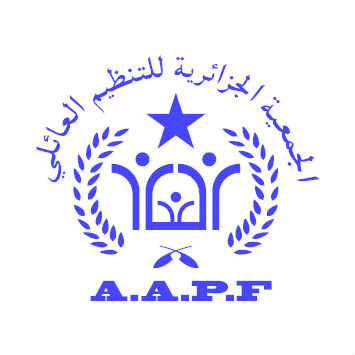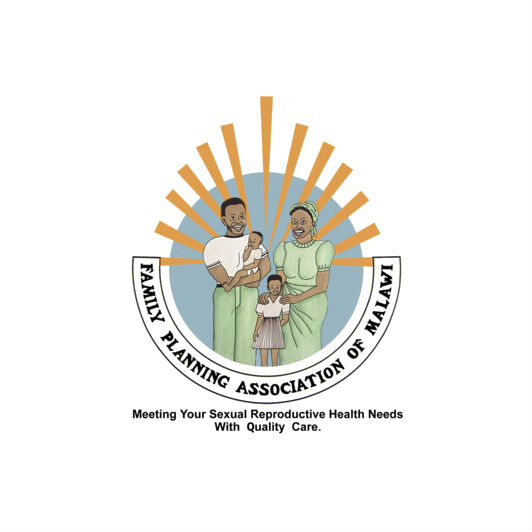

| 31 March 2016
Association Algérienne pour la Planification Familiale
The Association Algerienne pour la Planification Familiale (AAPF) was founded in 1987 and became an IPPF Member Association 2 years later. The organization works for the well-being and development of individuals and families through the promotion of sexual and reproductive health and rights (SRHR) and family planning. The organization partners with a large number of ministries, non-governmental organizations (NGOs), UN agencies, donors, academic/educational institutions, parliamentarians, human rights advocates, and media. By harnessing such partnerships, for example, AAPF played a central part in the country’s 'Stop the Violence Against Women Now' campaign. AAPF forged a civil society coalition with the support of the IPPF Innovation Fund. This coalition advocated to decision makers to adopt a law that would protect women against violence and to sensitize the public on the issue. This campaign is now being used as a model for other Member Associations, and it will form the basis for an advocacy toolkit for other groups faced with similar challenges. Contacts Website: http://www.aapf-dz.org Twitter: https://twitter.com/aapftiziouzou

| 31 March 2016
Family Planning Association of Malawi
When it was founded in 1999, the Family Planning Association of Malawi (FPAM) focused on providing family planning services. As the organization has evolved, it has both refined and expanded its operation. Today, FPAM targets young people primarily, and reaches out to under-served rural communities. As a result, it operates 64 service points, including 53 mobile sexual and reproductive health (SRH) facilities and 4 static clinics. Its community-based distributor/services (CBDs/CBSs) profile is also very strong with 65 additional delivery points. As ever with IPPF Member Associations, the mix of outlets and approaches is very much led by the particular demographic and geographic needs of the country. FPAM also provides youth-friendly SRH information, education and behaviour change communication materials to young people at 4 youth centres, and through schools. Peer educators use group discussions, theatre performances, publications and audio-visual materials produced by community reproductive health promoters to pass on the message about good SRH practice and access to resources. The distribution of contraceptives, pregnancy testing, the diagnosis and treatment of sexually transmitted infections (STIs) and voluntary counselling and testing (VCT) for HIV and AIDS are core to FPAM’s clinic activity. For its successful operation, the organization depends on a team of 46 full-time staff and over 600 volunteers. Over the years, FPAM has forged partnerships with health, family and youth departments in government, to advocate forward-thinking national SRH policies. It works with a variety of non-governmental organisations (NGOs) including the Malawi Girl Guides Association and Banja La Mtsogolo. Financing support comes from UNFPA, IPPF’s Japan Trust Fund, the Japanese Organization for International Cooperation in Family Planning (JOICFP), UNICEF, National AIDS Commission, GTZ, and Youth Incentives. FPAM also networks with other SRH-focused groups, particularly in the fields of HIV and AIDS and youth issues. Contacts Website: www.fpamalawi.org Facebook: https://www.facebook.com/FPAMalawi/







